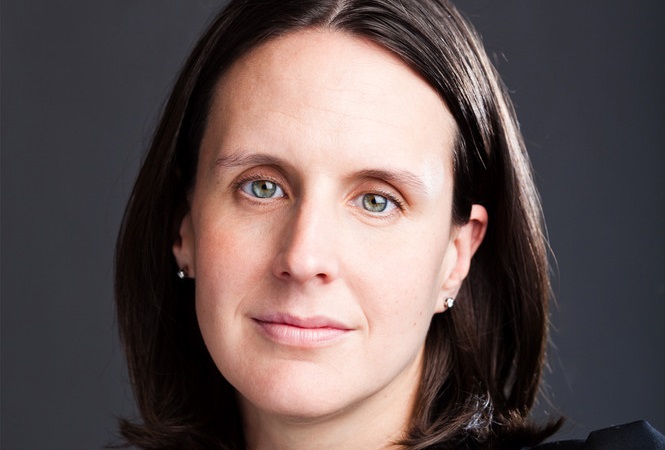Investors have long been concerned about sustainability and ESG issues, often excluding certain funds or companies from their portfolios that don’t meet expectations.
For 2019, however, one of the most notable trends according to State Street Global Advisers (SSGA) will be for investors to no longer use exclusionary strategies, but rather consider ESG factors as complementary data alongside traditional financial information.
At the start of the year, SSGA’s head of ESG investment and asset stewardship, Rakhi Kumar, and ESG investment strategist, Alison Weiner, wrote: “The proliferation of ESG data providers in the 2000s means that by now, more historical ESG data is available for research, which increasingly shows that material ESG information can be a value driver to be considered in the investment processes.”
Patrick Thomas, investment manager at Canaccord Genuity, agrees: “Until recently, allocating capital was viewed as binary. You had to choose between philanthropy and profit – you couldn’t have good returns generated by doing good. Now the industry acknowledges that there is something in between: well-governed companies that put thought into their environmental and social mission.”
A research report from Canaccord Genuity at the end of 2018 found 76 per cent of investors thought it was important that the companies and funds in which they invested were responsible.
Infrastructure and transport
For 2019, there are two main big-ticket themes that are catching the attention of investors for the medium term: sustainable infrastructure and transport digitisation.
Taking the former, David Harrison, manager of the Rathbone Global Sustainability fund, explains: “We are seeing a significant change in how residential and commercial buildings are constructed, with a dual benefit of better energy efficiency, and often a more aesthetically pleasing environment to work or live in.
“The energy saving possibilities remain vast as newer infrastructure replaces old. With the addressable market growing solidly each year, insulation products companies such as Irish business Kingspan should be able to benefit.”
Farewell to the combustion engine
A similar thread is developing in transportation as the world tries not only to reduce emissions, but also to appeal to a younger, more smart-technology orientated audience.
According to McKinsey’s quarterly insight, traffic is getting worse in many cities, and urban mobility has become increasingly complex in spite of governments’ best efforts.
The insight adds: “New business models, as illustrated by organisations such as Uber and Didi Chuxing, are changing traditional mobility patterns. Technological innovations in the form of electrification, connectivity and autonomy are on the horizon. Increasing urbanisation and the growth of ‘megacities’ with more than 10 million people provide the conditions for change.”
This is echoed by Rathbones’ Harrison, who expects the “structural shift away from the combustion engine, to hybrid and fully electric vehicles” to continue, evidenced by the number of hybrids on the road accelerating in the next few years.
He adds: “At the same time, we are seeing a higher penetration of active safety features on vehicles (cameras, autonomous driving features). This presents significant opportunities for companies such as Aptiv, a US automotive supply business that makes much of the digital nerve centres in a car.”
‘Nowhere to hide’
For Jessica Ground (pictured), global head of stewardship at Schroders, 2019 is the year in which companies are no longer able to shy away from operating in a more sustainable and responsible way.
She concludes: “There is nowhere to hide for companies who don’t operate in a sustainable way: technology companies, which in the past seemed almost untouchable, have seen more taxation, regulation and a number of uncomfortable moments in front of the US Congress. Against this backdrop, ESG analysis and forecasting has never been more important for investors.”







